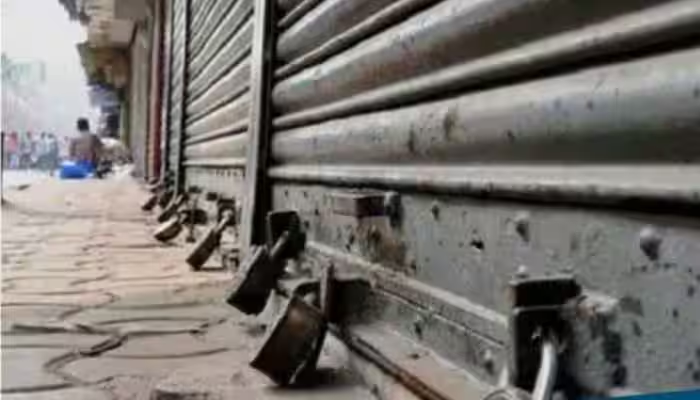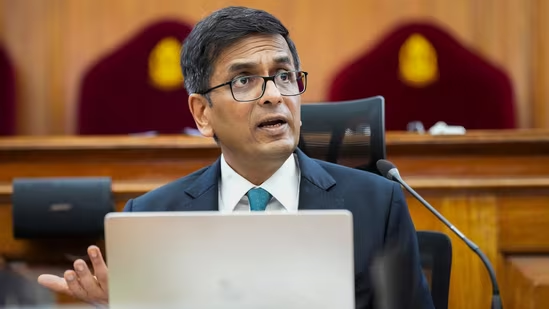Maharashtra Bandh On August 24: Who Called It And Why? Reason Explained Here
On August 24, Maharashtra is set to witness a statewide bandh, with various sectors and organizations preparing to halt their activities in protest. The bandh has been called by multiple groups, each driven by their distinct grievances. Here’s a comprehensive breakdown of who called for this bandh and the reasons behind it.

Who Called the Maharashtra Bandh?
The bandh has been spearheaded by several prominent groups and organizations, including:
- Farmers’ Unions: Demanding better prices for their produce and relief from mounting debts.
- Transport Unions: Protesting against rising fuel prices and seeking financial relief measures.
- Trade Associations: Opposing the recent economic policies which they claim have adversely affected small businesses.
Each of these groups has significant influence, ensuring that the bandh will likely impact daily life across the state.
Reasons Behind the Maharashtra Bandh
- Farmers’ Distress: Farmers in Maharashtra have been struggling with low prices for their crops and increasing debt. Despite several appeals to the government, they believe their concerns have not been adequately addressed. The bandh is a call for immediate relief measures and a more sustainable agricultural policy.
- Fuel Price Hike: The continuous rise in fuel prices has sparked anger among transport unions. They argue that the increased costs are unsustainable, especially after the financial hit from the COVID-19 pandemic. They are demanding a rollback of fuel taxes and a reduction in prices.
- Economic Policies: Trade associations are protesting against what they describe as “anti-business” policies. They claim that recent government regulations have disproportionately hurt small businesses, leading to closures and job losses.
Impact of the Bandh
The Maharashtra Bandh on August 24 is anticipated to have widespread effects across the state. Here’s a breakdown of the expected impact:
1. Disruption of Public Services:
– Public transportation, including buses and trains, is likely to be affected, causing delays and cancellations.
– Government offices and schools may remain closed or operate with limited staff.
– Emergency services like hospitals will continue to function, but access could be delayed due to traffic disruptions.
2. Business and Commercial Activity:
– Markets, shops, and malls are expected to remain closed in many parts of Maharashtra.
– Small businesses and daily wage workers may face significant economic losses due to the shutdown.
– Large corporations might implement work-from-home policies to avoid disruptions.
3. Public Gatherings and Protests:
– Rallies and demonstrations are expected in major cities like Mumbai, Pune, and Nagpur.
– There could be road blockages and traffic jams as protesters take to the streets.
– Law enforcement agencies are on high alert to maintain peace and prevent any untoward incidents.
4. Impact on Daily Life:
– Citizens are advised to stay indoors and avoid unnecessary travel during the bandh.
– Essential services like grocery stores, pharmacies, and petrol pumps may have limited operating hours.
– The bandh could also affect deliveries and online services, leading to delays.
5. Economic Impact:
– The economic impact of the bandh could be significant, with potential losses in the millions for the state economy.
– Sectors such as retail, transportation, and tourism are likely to be the most affected.
6. Political Repercussions:
– The bandh may have political implications, with various parties and leaders weighing in on the situation.
– The outcome of the bandh could influence upcoming elections and public sentiment in the state.
What’s Next?
Authorities are urging citizens to remain calm and cooperate with the bandh, while also ensuring their own safety. The situation will be closely monitored, and further updates will be provided as the day progresses.
The Maharashtra Bandh is a significant event that reflects the current socio-political climate in the state. It’s crucial for residents to stay informed and prepared for the potential challenges that may arise on August 24.







